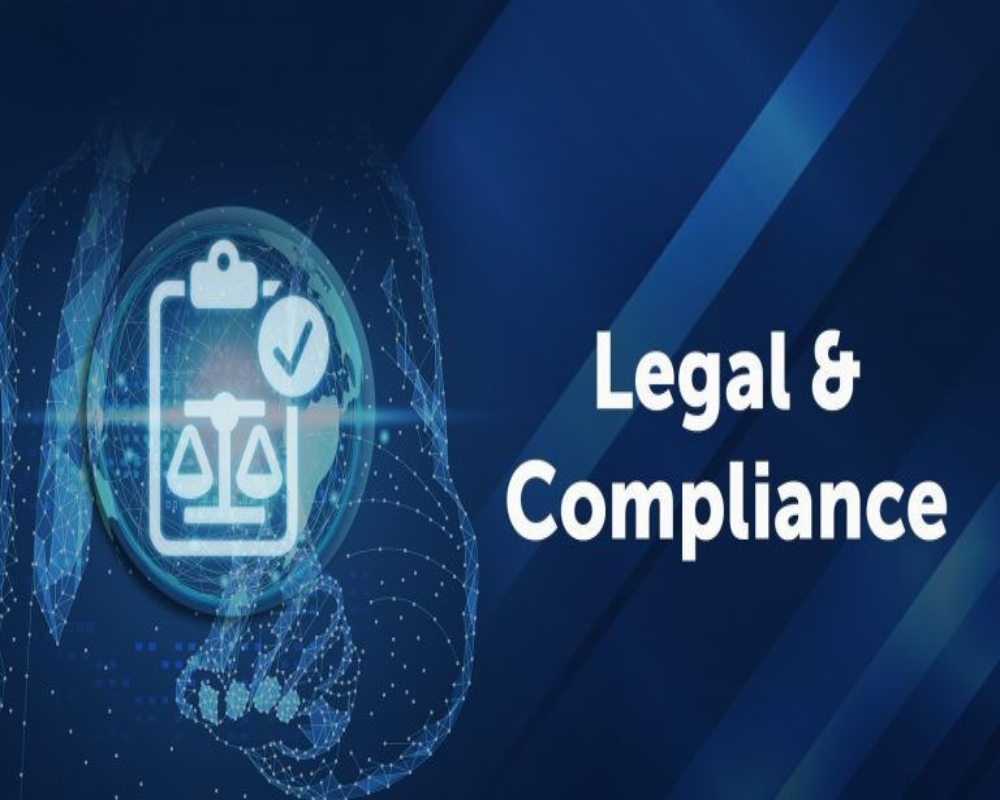Introduction
Legal compliance in industrial acquisition refers to the adherence to all applicable laws, regulations, and statutory procedures governing the purchase, development, and use of land or facilities for industrial purposes. It encompasses a wide spectrum of legal domains, including property law, environmental regulations, zoning and land use rules, labor laws, building codes, and industry-specific operational licenses. Ensuring legal compliance is a fundamental step in industrial acquisition as it minimizes risks, protects investment, enables smooth project execution, and ensures long-term viability of industrial operations.
In an increasingly regulated environment, failing to meet legal obligations during acquisition can lead to severe consequences such as project delays, fines, litigation, or even demolition orders. Therefore, a comprehensive compliance strategy must be implemented right from the planning and due diligence stages to post-acquisition development and operation.
Scope of Legal Compliance
Legal compliance begins with title verification and ownership checks, ensuring that the seller has clear and undisputed rights to transfer the land or facility. This includes verifying historical ownership, examining encumbrances, and ensuring that the property is not involved in any legal dispute or government acquisition process. Buyers must also ensure that the transaction adheres to the Transfer of Property Act, Registration Act, and local stamp duty and registration requirements.
The zoning and land use regulations are central to industrial compliance. The land must be classified or approved for industrial use as per the regional development authority’s master plan. If not, the buyer must obtain proper land conversion permissions from the relevant authorities to avoid unauthorized land use violations.
Environmental compliance is another critical dimension. Buyers must verify that the site meets environmental clearance requirements, especially if the industry is categorized under polluting or hazardous operations. This involves obtaining approvals from the State Pollution Control Board and complying with norms related to air, water, noise, and waste management. Additionally, the land must not fall within protected zones like forests, wetlands, or coastal regulation zones unless specific exemptions are granted.
Building and infrastructure codes must also be respected. This includes fire safety approvals, building permits, and structural safety certifications as per industrial norms and the local municipal or industrial development authorities. Ensuring access to essential utilities such as power, water, drainage, and roads, in accordance with public utility standards, is part of infrastructure compliance.
If the acquisition includes operational units, labor laws and industrial safety laws come into play. Compliance with the Factories Act, Shops and Establishments Act, and regulations governing employee welfare, workplace safety, and occupational health is mandatory.
In cases involving foreign investment or partnerships, buyers must also adhere to foreign direct investment (FDI) guidelines, corporate law, and SEZ (Special Economic Zone) regulations if applicable. This includes obtaining approvals from government bodies such as the Department for Promotion of Industry and Internal Trade (DPIIT) and ensuring that acquisition structures are aligned with permitted legal models.
Conclusion
Legal compliance in industrial acquisition is not a singular task—it is a multi-layered, ongoing responsibility that begins at the time of acquisition and continues throughout the life of the industrial project. By proactively addressing legal requirements across ownership, land use, environmental protection, safety, and operational licenses, businesses not only avoid legal setbacks but also establish a strong foundation for growth, credibility, and sustainability. With increasing regulatory oversight and environmental accountability, a well-structured legal compliance framework is indispensable for successful and risk-free industrial development.
Hashtags
#LegalCompliance #IndustrialAcquisition #BusinessLaw #RegulatoryCompliance #CorporateLaw #MergersAndAcquisitions #DueDiligence #ComplianceTraining #LegalFramework #RiskManagement #BusinessAcquisition #IndustryRegulations #CorporateGovernance #LegalGuidance #AcquisitionStrategy #ComplianceMatters #LegalAdvice #BusinessEthics #IndustryStandards #AcquisitionCompliance


